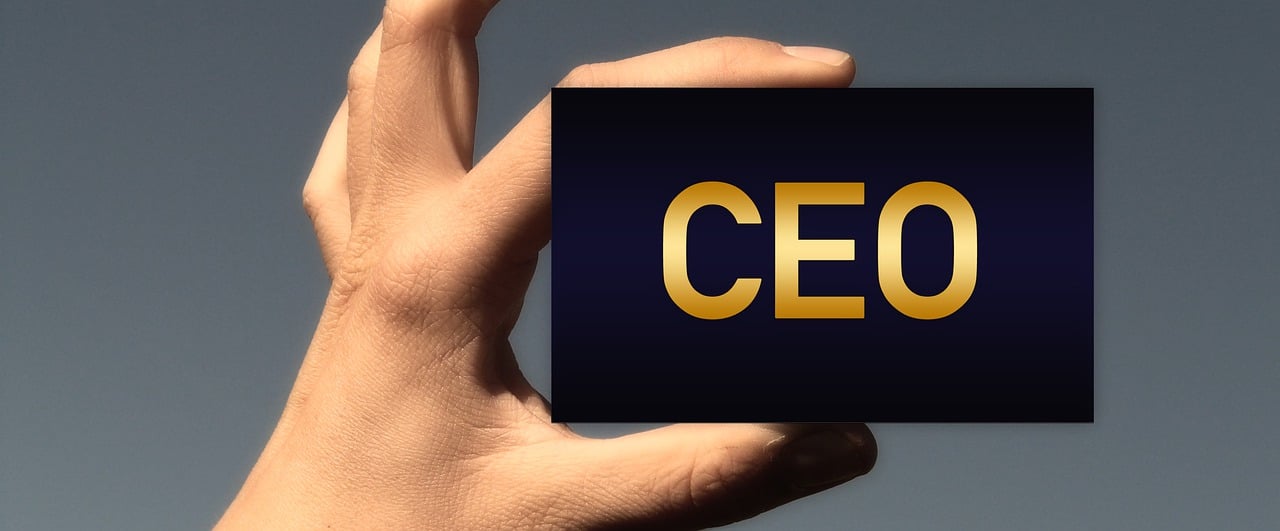By Chandran Iyer
The image of a CEO often conjures power suits, corner offices, back-to-back meetings, and a life that never pauses. But behind the polished exterior lies a reality that is rarely acknowledged—CEOs are among the most overworked and stressed professionals in the world. They shoulder not only the fate of their companies but also the livelihoods of thousands of employees, the expectations of shareholders, and the unrelenting scrutiny of the public eye.
While their focus is relentlessly on growth, strategy, and bottom lines, their own health often takes a back seat. Research consistently shows that prolonged stress, lack of sleep, erratic eating, and little exercise create a dangerous cocktail—leading to burnout, chronic illnesses, and even premature mortality. The lesson is clear: if leaders do not take care of themselves, their organizations will ultimately suffer too.
The Silent Burnout in the Boardroom
Burnout is no longer a buzzword confined to mid-level professionals. In recent years, studies have revealed that top executives are highly vulnerable to burnout due to their all-consuming schedules. According to the Harvard Business Review, more than 50% of CEOs report feeling persistently fatigued and stressed. Unlike others in the corporate hierarchy, CEOs have fewer outlets to share their struggles—creating an isolating experience that compounds the problem.
High stress manifests in multiple ways. Hypertension, diabetes, and heart conditions are common among overworked leaders. In fact, the World Health Organization has identified workplace stress as one of the leading causes of cardiovascular disease. Emotional exhaustion also impacts decision-making, erodes creativity, and reduces the ability to lead with clarity and empathy.
The warning signs are subtle at first: constant tiredness, irritability, poor concentration, or reliance on stimulants like coffee and alcohol. Left unchecked, these can spiral into serious health crises. The tragic cases of young leaders succumbing to heart attacks in their 40s are stark reminders of what unchecked stress can do.
Health as a Strategic Priority
CEOs are adept at crafting business strategies but often fail to extend the same discipline to their personal well-being. Health must be seen as an investment, not an afterthought. Just as companies measure ROI, leaders should measure the return on investing in health practices that sustain them physically and mentally.
- Routine Physical Activity
Regular exercise is one of the simplest yet most neglected habits among busy leaders. Even 30 minutes of brisk walking, yoga, or gym workouts can dramatically reduce stress levels and improve focus. Richard Branson, founder of Virgin Group, famously credits his daily fitness regime for doubling his productivity. - Mindful Nutrition
Skipping meals, late-night dinners, and overdependence on caffeine are common CEO habits. But nutrition directly impacts energy and mental performance. A balanced diet with adequate hydration, whole foods, and reduced sugar can sustain energy without spikes and crashes. Many executives now hire nutrition coaches the way they hire business consultants. - Sleep as a Performance Tool
Sleep deprivation is often worn as a badge of honor in the corporate world, but it is counterproductive. Studies reveal that leaders who sleep less than six hours show reduced cognitive function and impaired judgment. Jeff Bezos has publicly spoken about prioritizing eight hours of sleep to make high-quality decisions. - Stress Management Practices
Meditation, mindfulness, and breathing techniques are no longer fringe practices—they are mainstream executive tools. Google, Apple, and other corporations integrate mindfulness sessions into leadership training. Even 10 minutes of meditation daily can rewire stress response and enhance emotional regulation. - Regular Medical Checkups
CEOs schedule quarterly reviews for their businesses but often skip annual checkups for themselves. Preventive health screenings catch issues before they escalate. A proactive approach to health can prevent long-term setbacks that no amount of business success can compensate for.
Building a Culture of Balance
Beyond personal practices, CEOs play a vital role in shaping workplace culture. When leaders glorify long hours and exhaustion, the entire organization mirrors that behavior. Conversely, when CEOs model healthy habits, employees feel empowered to prioritize their own well-being.
Satya Nadella of Microsoft emphasizes empathy and balance as part of his leadership ethos. Similarly, Anand Mahindra openly talks about exercise, downtime, and the need to recharge. By humanizing leadership, they send a powerful message: success does not require sacrificing health.
Practical steps include discouraging late-night emails, offering wellness programs, normalizing vacations, and creating policies that prevent burnout. A healthier workforce is not just a moral responsibility but a competitive advantage.
The New Definition of Success
In today’s volatile and uncertain business climate, resilience is as important as intelligence. CEOs who maintain their health build stamina for long-term leadership. They inspire trust, make sharper decisions, and cultivate empathy—qualities that matter far more than just quarterly profits.
Ultimately, the definition of success for CEOs must evolve. It is not just about scaling revenue or expanding market share—it is also about sustaining personal well-being while leading others. A CEO who collapses under pressure leaves not just a personal void but also organizational instability.
Conclusion: Lead Yourself First
A company is only as strong as the person leading it. CEOs cannot afford to treat health as optional. Just as they meticulously plan growth strategies, they must plan for their personal wellness—because in the boardroom of life, health is the ultimate currency.
Leaders who take care of themselves are better positioned to take care of their businesses. As the adage goes: You cannot pour from an empty cup. For CEOs, filling that cup with health, balance, and resilience is not a luxury—it is leadership in its truest sense.

